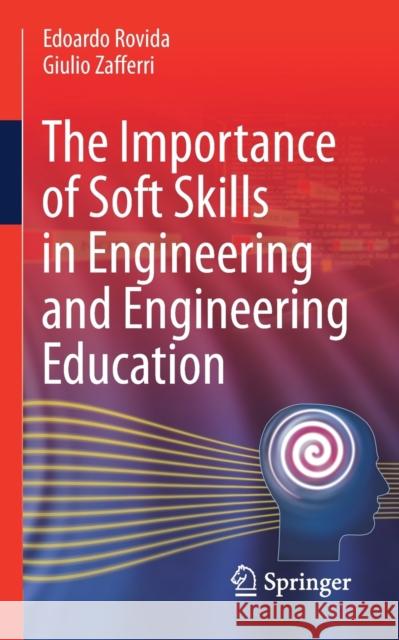The Importance of Soft Skills in Engineering and Engineering Education » książka
topmenu
The Importance of Soft Skills in Engineering and Engineering Education
ISBN-13: 9783030772482 / Angielski / Miękka / 2021 / 185 str.
Kategorie:
Kategorie BISAC:
Wydawca:
Springer
Język:
Angielski
ISBN-13:
9783030772482
Rok wydania:
2021
Wydanie:
2022
Ilość stron:
185
Waga:
0.23 kg
Wymiary:
20.32 x 12.7 x 1.22
Oprawa:
Miękka
Wolumenów:
01
Dodatkowe informacje:
Wydanie ilustrowane











